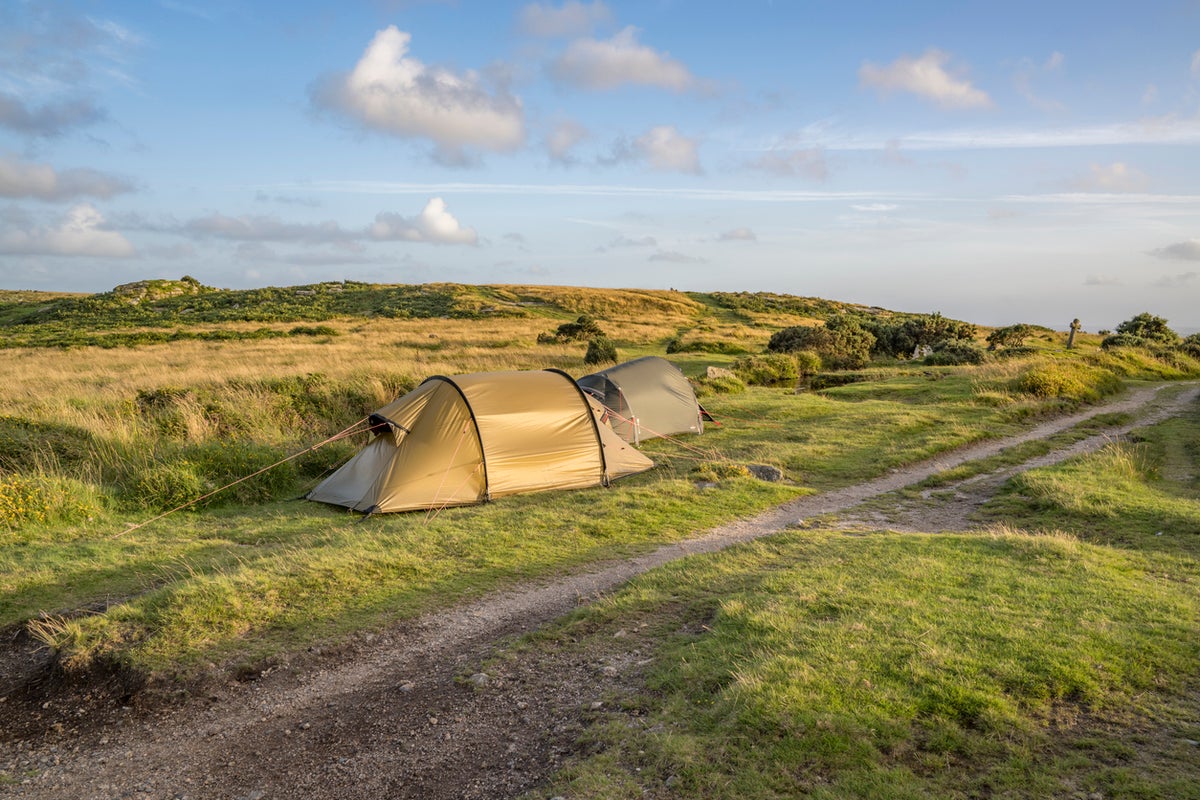Visitors to Dartmoor National Park have been reminded to leave no trace following a rise in “fly camping” this summer.
Park rangers have reported a surge in campers discarding equipment such as barbecues, mini fridges and fairy lights.
The behaviour has been attributed to hot weather and an increased interest in Dartmoor’s unique wild camping status, especially on social media.
According to officials, fly camping incidents have increased by 62.5 per cent – from 160 in 2024 to 260 this summer, reported The Times.
Director of conservation and communities, Richard Drysdale, told the outlet: “Dartmoor national park authority fought hard for the right to retain backpack camping, and we don’t want people to hold this as a stick to beat us.”
Drysdale added that backpack campers should only visit the Devon moorland if they plan to “treat it with respect”.
Officials plan to enlist the help of social media influencers next year to inform campers of their responsibilities when staying in the national park.
There is no legal right to wild camp in England except in Dartmoor. In May, the Supreme Court upheld that the public does have the right to stay overnight in the national park after a landowner – the sixth-largest in Dartmoor – challenged the law.
The case centred on Section 10(1) of the Dartmoor Commons Act 1985, which says that “the public shall have a right of access to the commons on foot and on horseback for the purpose of open-air recreation.”
Alexander Darwall and his wife Diana argued that this should not include wild camping.
However, five justices unanimously ruled that the term “recreation” should be used “without qualification as to the form which it should take”, thus permitting the activity.
The national park’s website states: “If you can carry everything you need in your backpack as part of a Dartmoor walking expedition, you are welcome to backpack camp for one or two nights in some areas of open moorland, and out of sight from roads or settlements using a “no impact” approach.”
The camping code of conduct adds that groups must be of no more than six people.
In a warning to help prevent wildfires, Ella Briens, deputy head ranger, said: “It’s really important that everyone does their bit to look after Dartmoor and not to damage the place they have come to enjoy.
“When we say leave no trace, that’s what we mean. Lighting fires is not permitted, and we’re asking people to leave their barbecues at home while the risk of fire is high.”
Read more: Is it safe for two women to wild camp? What I learnt from a Dartmoor expedition




